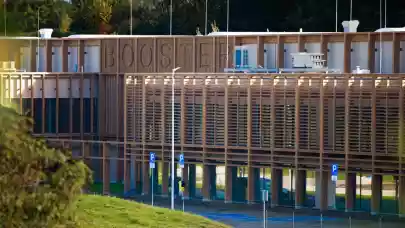
As the European Commission expands its Environmental Social and Governance (ESG) initiatives, most of the focus has been on how they affect large banks and corporations. However, the financial and corporate accountability rules are very relevant for small and medium-sized enterprises (SMEs), especially in the real estate sector. Strategic policy and research consultant Lisa Chase has summarised the policy framework for Property Forum.
These ESG-related policies include the Sustainable Finance Disclosure Regulation (SFDR) and the Corporate Sustainability Reporting Directive (CSRD). The SFDR and CSRD require large real estate companies and investors to disclose ESG impacts throughout their supply chains, including construction and building management SMEs. This means that real estate SMEs, who employ 10-250 employees and have less than €40 million annual turnover, need to provide investors and corporate clients with comprehensive social and environmental impact data. How can SMEs prepare for these data disclosure demands?
- Because the ESG disclosure requirements are very specific, real estate SMEs need to establish a system to track social and environmental data for all of their products and services. This means, for example, gathering information about where wood, steel and other raw building construction materials are sourced. It also includes compiling environmental product disclosures for manufactured items like windows and hardware.
- SMEs should be aware that investors and clients will be assessing real estate project compliance with EU environmental regulations. For example, a real estate construction firm will have to demonstrate that any wood products comply with the EU Regulation on deforestation-free products, to enable a parent company’s or investor’s ESG policy compliance.
- SME data tracking needs to extend to the entire building construction and management system. This includes accounting for the energy and water used in construction and in building operations, the waste produced and the pollution emitted. A starting point is tracking metered energy, water and fuel use throughout construction and occupancy.
- Finally, SMEs need to account for their social and governance impacts. Governance includes an SME’s management demographics and how it complies with local and national laws. Social factors encompass hiring and labour practices, local community and economic impacts. These elements can be more challenging to track than environmental factors, but it’s key not to forget the «S» and «G» in ESG.
Beginning in 2026, listed SMEs operating in the EU will have to comply with the CSRD disclosure rules. SMEs can learn more about the draft SME reporting standards here. Additionally, the pending EU Directive on corporate sustainability due diligence will create additional pressure to track and disclose a wealth of data to investors and clients. By implementing ESG impact tracking now, real estate SMEs can meet today’s business disclosure demands and be ready for CSRD compliance.

Lisa Chase
Strategic Policy and Research Consultant
Lucky Fish Research and Communications



